Sustainability
Sustainability at WHC 2023
The IHF and the Portuguese Consortium are committed to organizing an environmentally sustainable Congress. By prioritizing sustainability, the WHC can act as an example to participants for ways to reduce the carbon footprint of events, providing a positive experience to visitors and preserving the local environment for its community.
We’re currently working with our partners and suppliers to implement sustainable practices in these main areas: venue, catering, delegate materials, exhibition, and transportation. We'll continue to expand the list of initiatives on this page so we encourage you to check back for updates soon.
While it is true that sustainability in the events industry still has a long way to go, we firmly believe that change begins with awareness and action. For this WHC, we chose a venue that is committed to reducing its environmental footprint and making a positive impact. To this end, the Lisbon Congress Centre (CCL) is currently implementing an environmental management system to promote environmental protection and reduce its ecological impact. As part of their efforts, the venue has implemented the following practices.
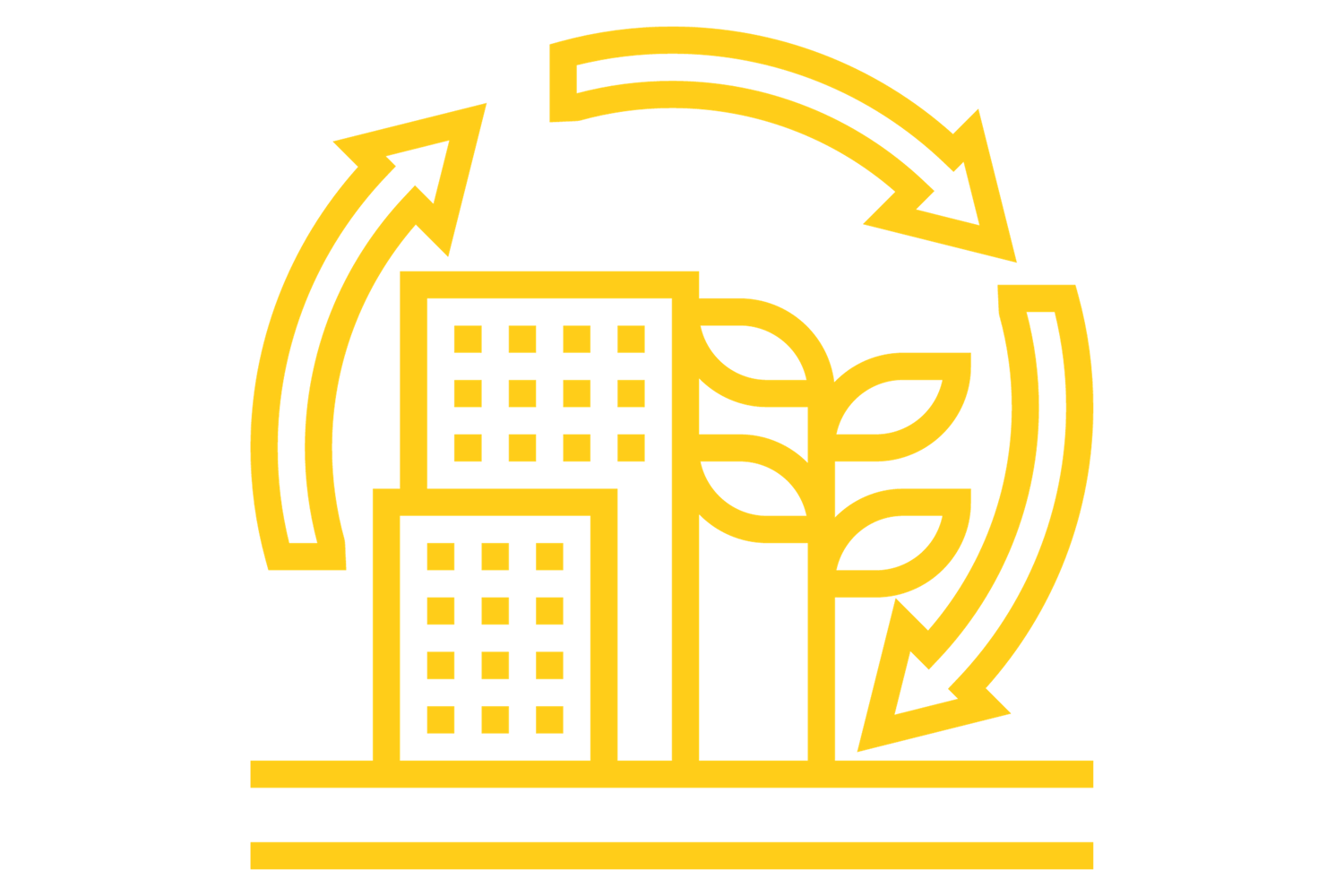
The CCL has implemented a comprehensive recycling programme covering materials such as paper, cardboard, plastic, glass, electrical wiring, metal, batteries, lamps, and ink cartridges.
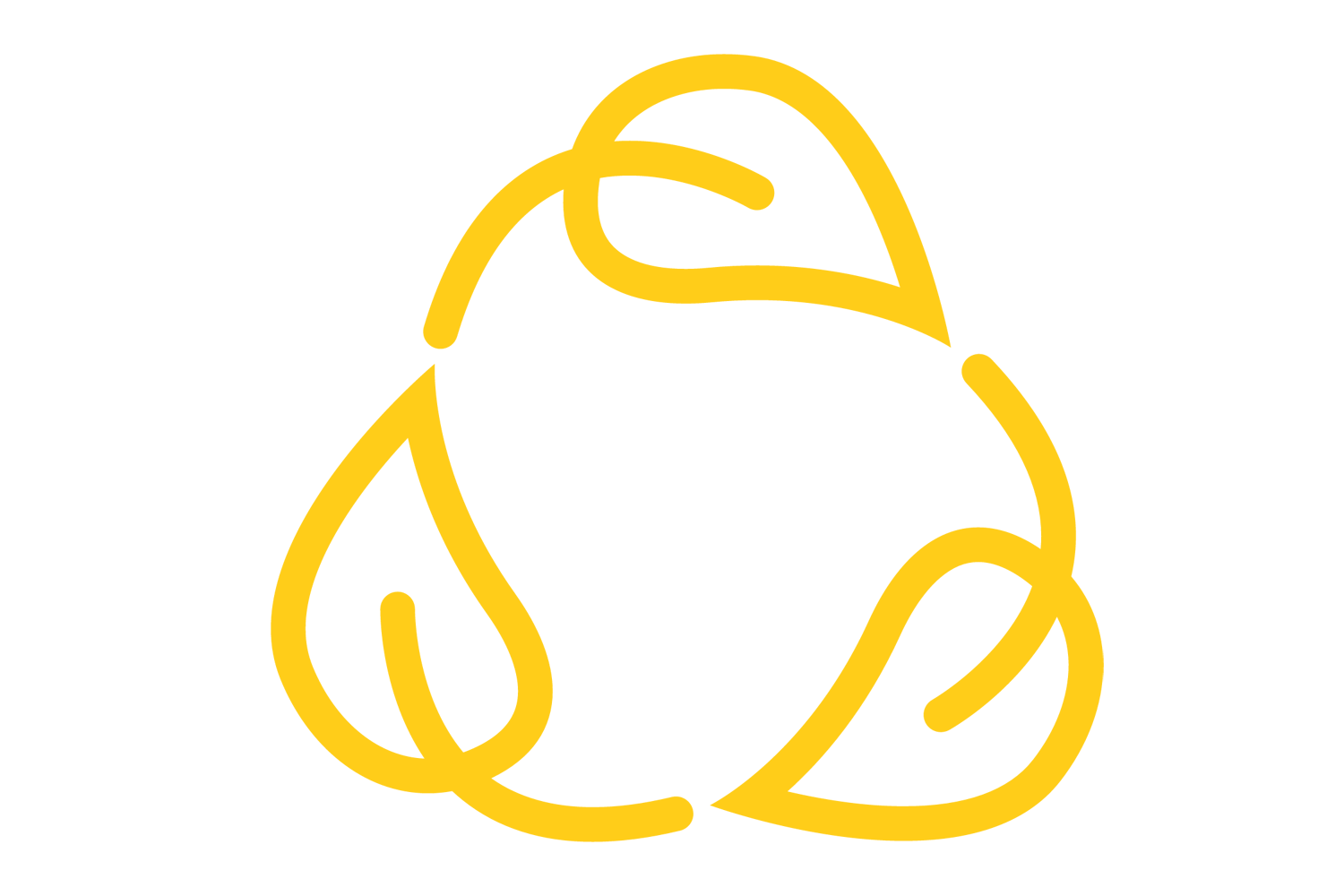
For water and electricity conservation, they introduced a rationalization programme that includes upgrading hydro-sanitary equipment for improved efficiency and implementing flow control measures.
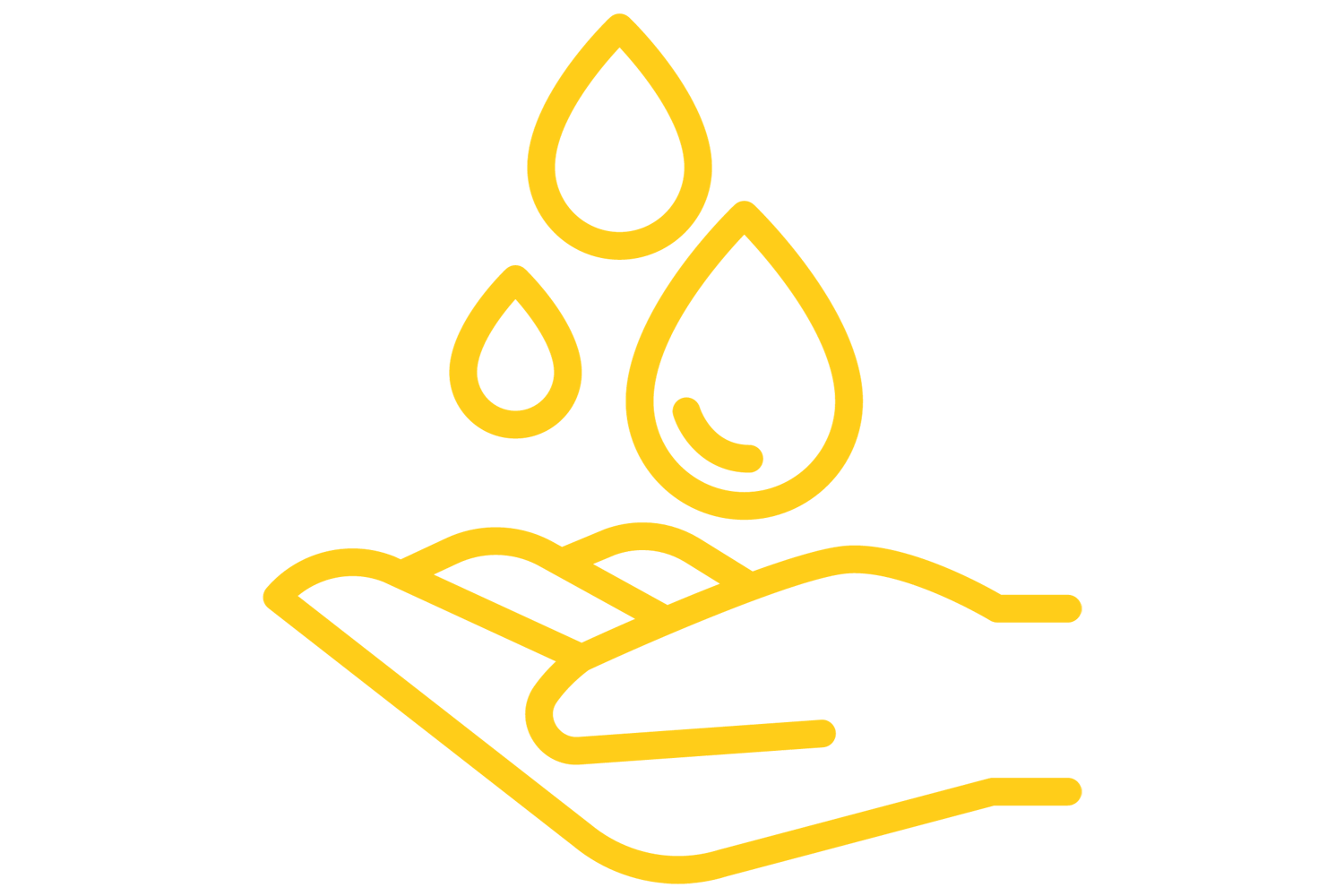
The venue has replaced all old halogen lamps with energy-efficient LED lamps, resulting in a 30% reduction in electricity consumption.

They are committed to reducing reliance on non-renewable energy sources by incorporating renewable energies into their energy supply.
Prioritizing sustainability in day-to-day operations, the venue reuses materials whenever possible and uses recycled products for graphic production, signage, and decoration.

Lastly, the venue chooses to work directly with local suppliers and agencies, contributing to strengthening the local community and economy, and reducing transportation and energy-related impacts.

Carbon emissions from printing come from paper production, the energy used during printing, and the energy used to transport, recycle, or incinerate waste once paper is disposed of. To avoid the reliance on printing and curb carbon emissions, the 46th WHC mobile app contains all information related to the programme, schedule, floor plan, speakers, posters, sponsors, exhibitors, organizers, and more.

We are also providing e-certificates for participants, speakers, and poster presenters as a means of minimizing printing.

Since 2022, the Geneva Sustainability Centre and IHF have adopted reusable display and branding materials, effectively minimizing unnecessary waste generation. Materials in our booths are reused from the previous Congress. Additionally, we are hiring any equipment (screens, furniture) locally.

As IHF is committed to including climate change considerations as an integral part of healthcare delivery, we are introducing the "Cycling For All" initiative. This awareness campaign aims to highlight the positive impact of cycling on health and the environment. We are inviting Portuguese hospitals’ CEOs to sign a pledge to promote cycling in their organization and participate in a short bike ride in Lisbon.
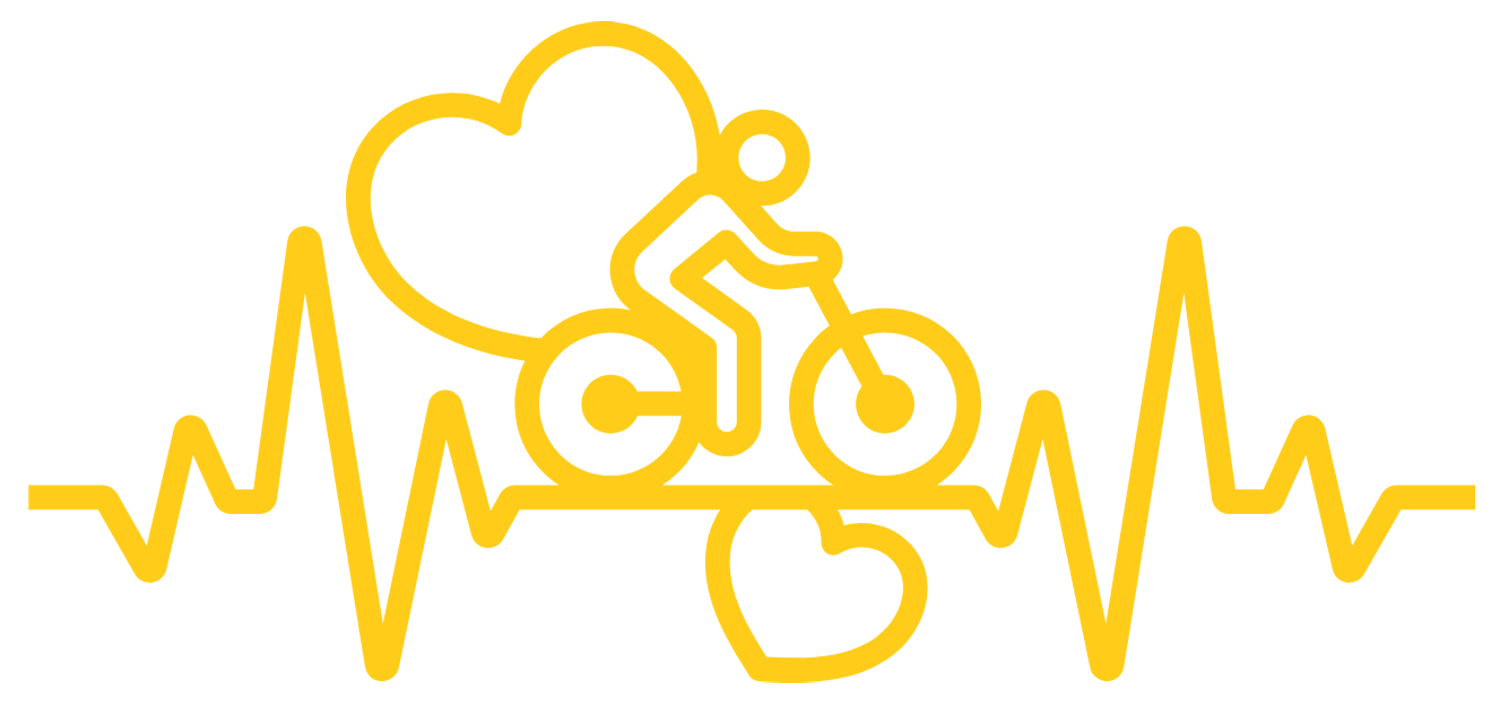
The provision and availability of food and beverages play a key role in making Congress attendees comfortable. At the IHF, we want to make sure that we also consider the sustainability of the food we offer and the items we use to serve it.
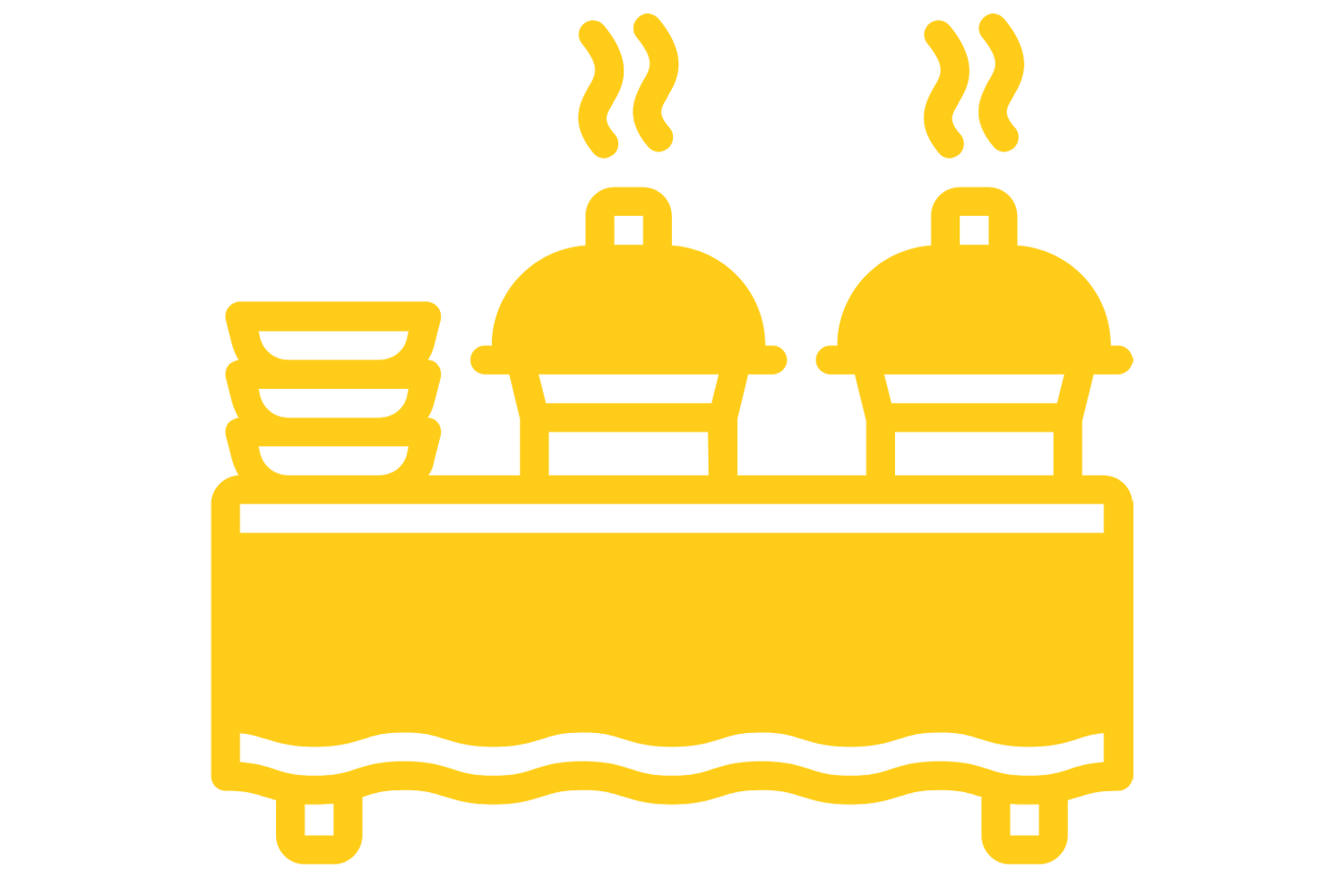
For this purpose, we selected a caterer that is committed to improving its environmental performance in the management of natural resources, environmental protection and reducing its carbon footprint. As such the caterer is certified according to the norm NP EN ISO14001:2015-Environmental Systems Management.
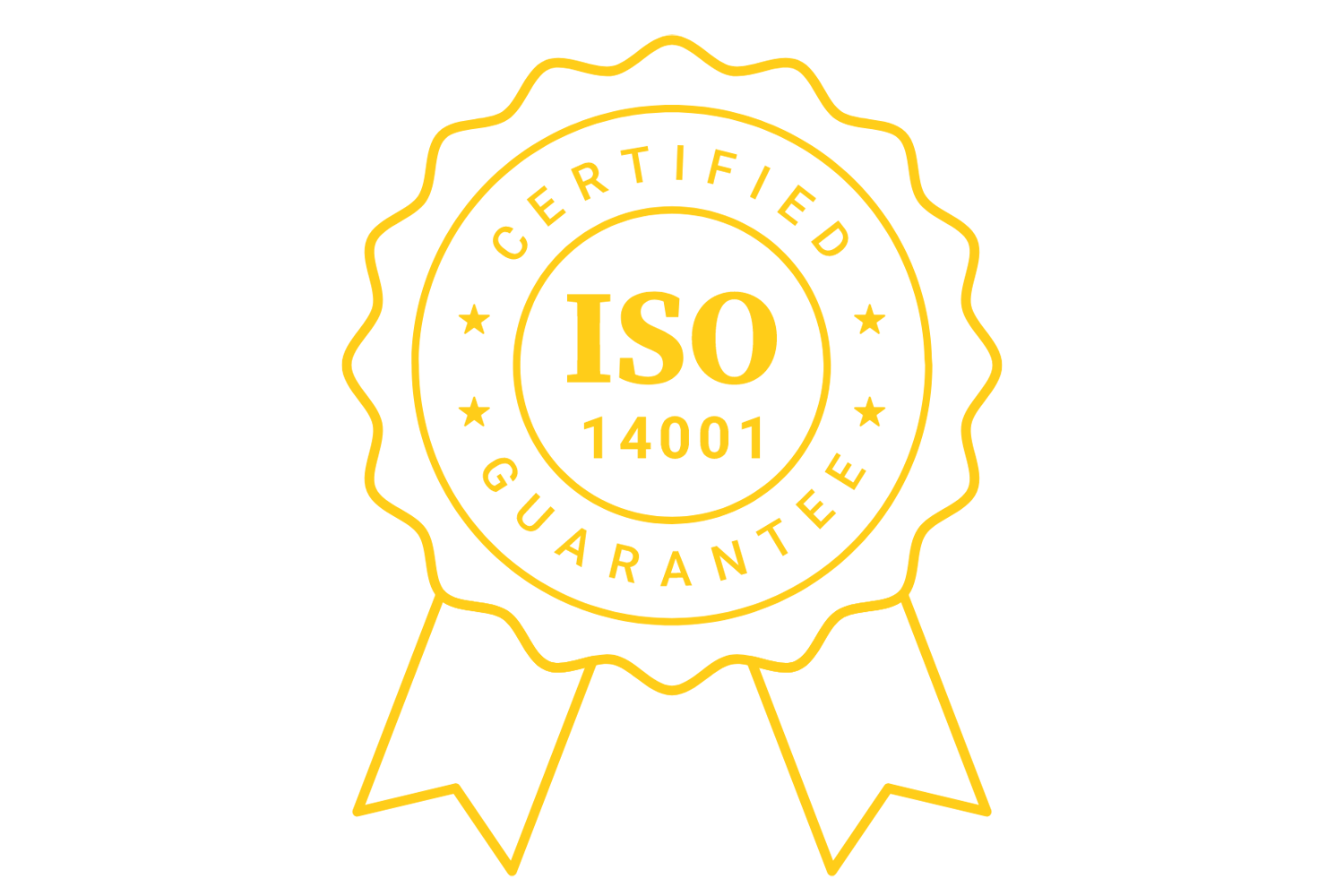
The environmental impact of a meat-based meal is 11 times higher than a vegetarian meal (1). To contribute to the reduction of emissions, at least 30% of the meals offered at Congress are vegetarian.
Transporting food accounts for around 6% of global greenhouse gas emissions (2). In order to reduce the impact, meals at Congress are prepared with only locally sourced and seasonal ingredients. Besides reducing the carbon footprint, this allows attendees to discover and appreciate the local cuisine.

Coffee breaks are essential for unwinding and networking during the WHC. For those who enjoy their coffee with milk, we offer the alternative of oat milk. A liter of this plant-based beverage requires 48 L of water to produce, which is 22 times less the amount of water a liter of cow milk uses. Additionally, the carbon footprint of a 200ml glass of oat milk is 0.18 kg of CO2, three times less than the same amount of cow milk (3).
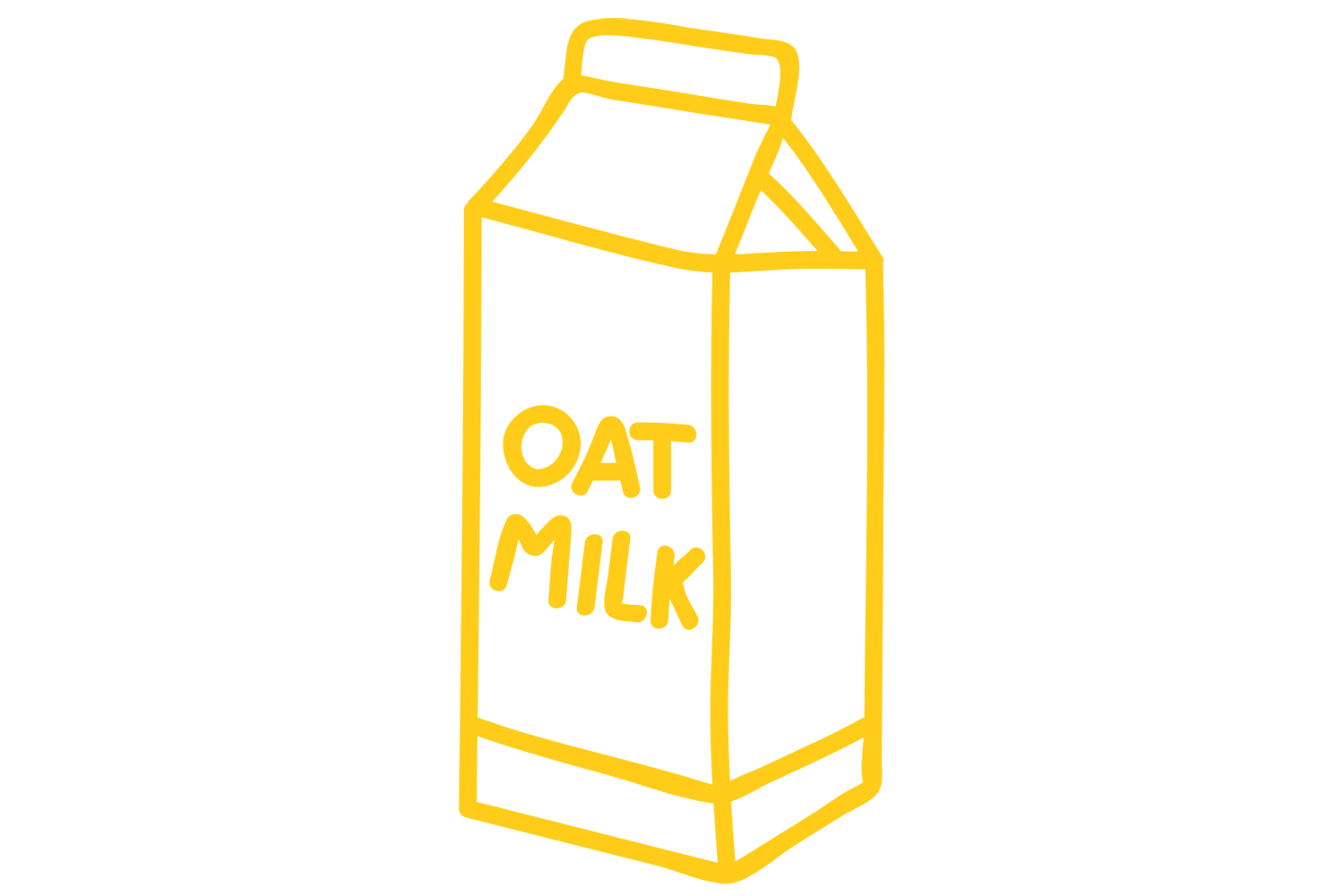
Non-recycled waste goes to landfills, where it becomes a source of pollution and greenhouse gas emissions. Methane, a gas that accounts for about 30% of the increase in global temperature (4), is one of them. Thus, recycling is essential to reduce the amount of waste that goes to landfills.

With this purpose in mind, the 46th WHC features waste collection points for segregating various materials, including plastic, PET, and aluminium; general waste; and cardboard and paper.
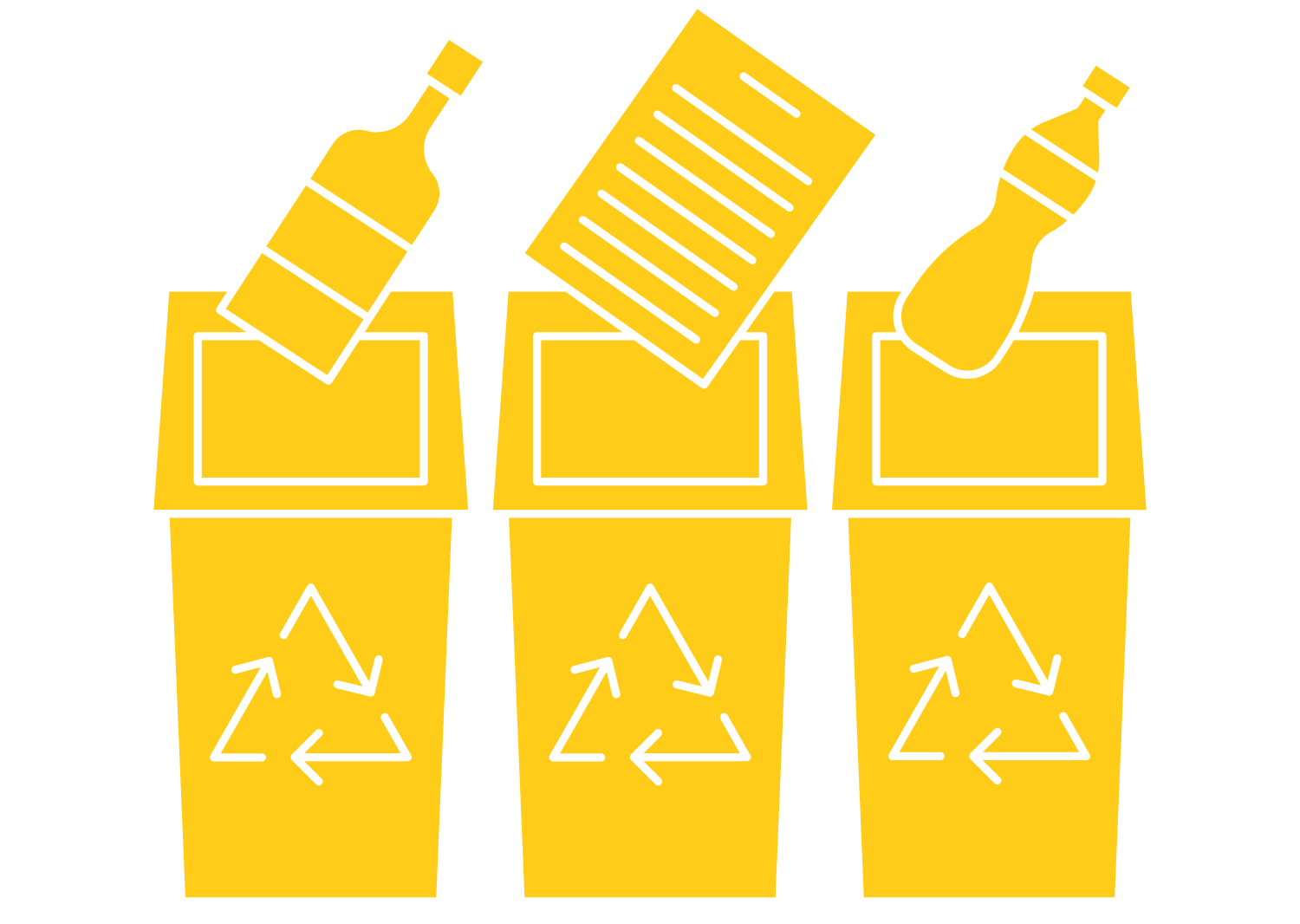
Aware that disposable lanyards add to environmental pollution, the WHC provides recycled PET and reusable lanyards for all attendees. Plus, there is a collection point for lanyards at the end of the congress so that we can give them a new life next year. We encourage you to bring your lanyard to the collection point and help us reduce waste and pollution.
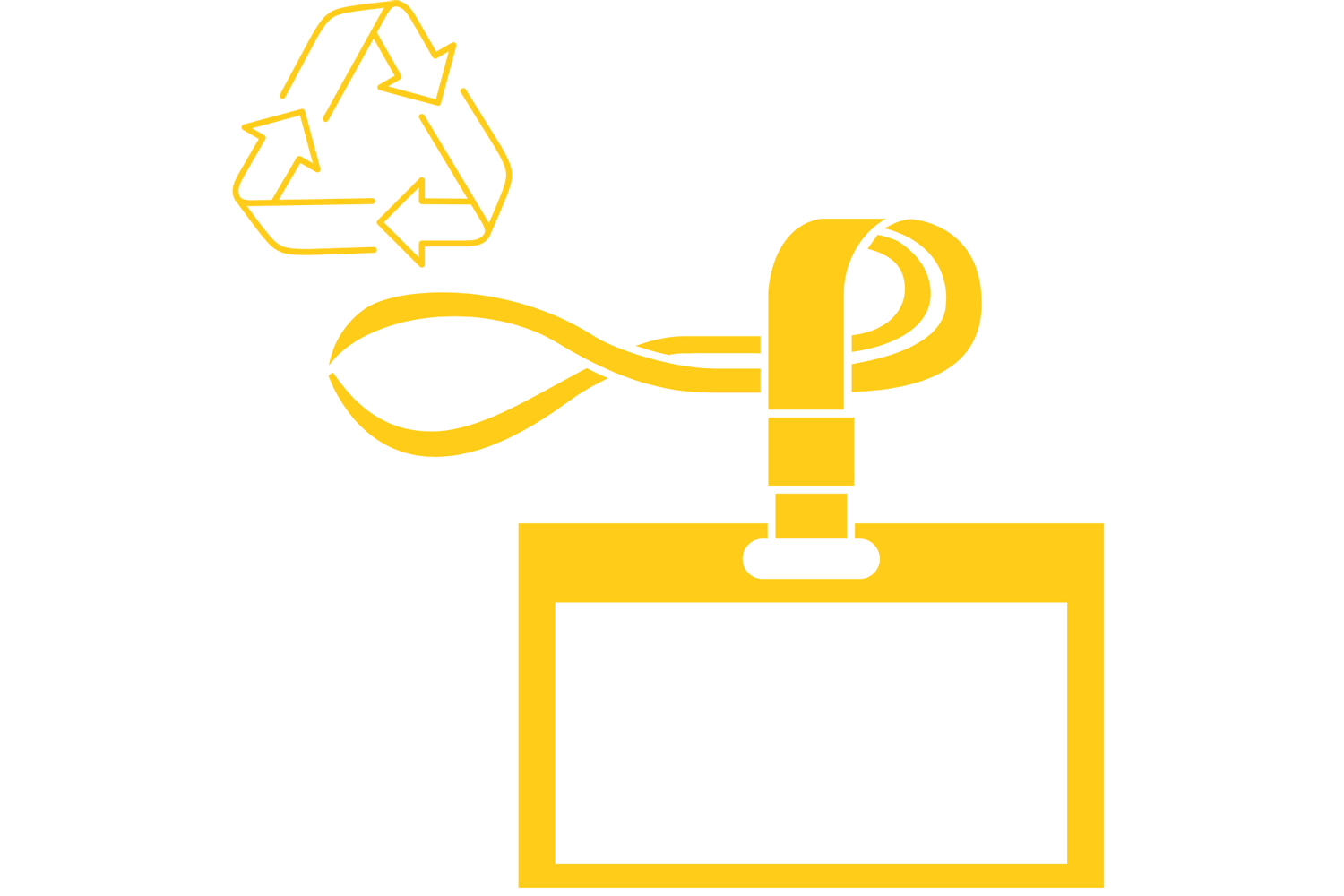
Additionally, the cups, stirrers, and other items used in coffee breaks are recyclable and all meals served in reusable dishware and cutlery.

To reduce food waste, food not consumed during the Congress is donated to Refood, a charity based in Lisbon that distributes it to people, families, and institutions in need. This not only avoids wasting food and the inputs used in producing, transporting, and preparing it, but also contributes to tackling food insecurity, a problem still faced by hundreds of millions of people around the world (5).
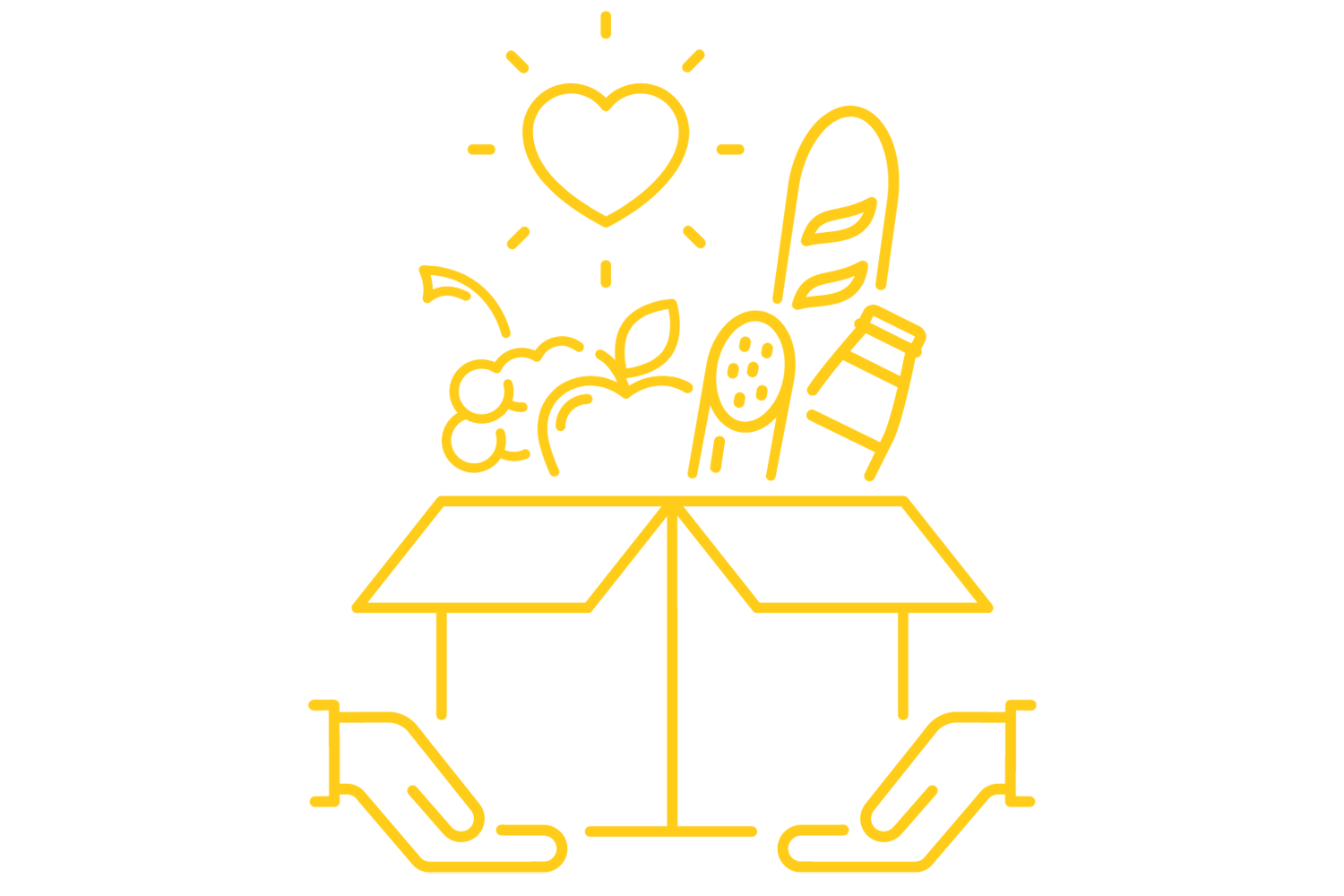
Lisbon offers various choices to explore the city using bicycles. With a focus on reducing pollution, limiting emissions from transportation, and encouraging active commuting, we have gathered a list of the main bike-sharing companies. Please see these the under the venue tab. These options can help attendees reach the Congress venue conveniently while supporting eco-friendly practices.
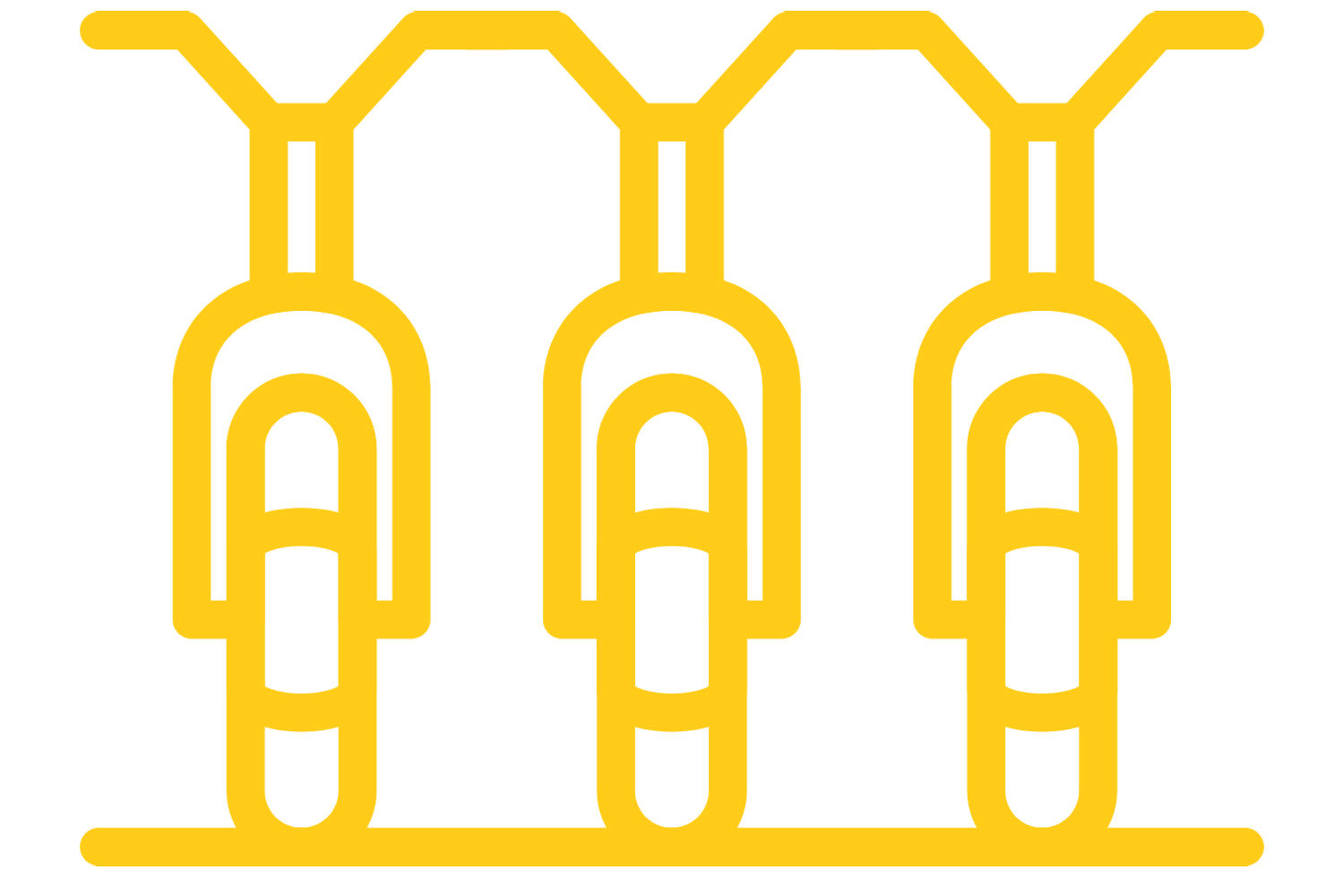
To avoid extra emissions from connecting flights, we partnered with TAP Portugal, offering discounted fares to promote direct flights for participants. TAP Portugal offers non-stop flights to numerous European cities, major US and Brazilian destinations, several African airports, and even China.
Promoting land transport has the potential to reduce events emissions, since they emit between 30 to 50 times less CO2 than planes (6). Therefore, we partnered with Comboios de Portugal, a public company with a railway network of 2,221 km, to offer 2 EUR return tickets for Porto urban trains, and a 30% discount on return tickets for long distance trains.
